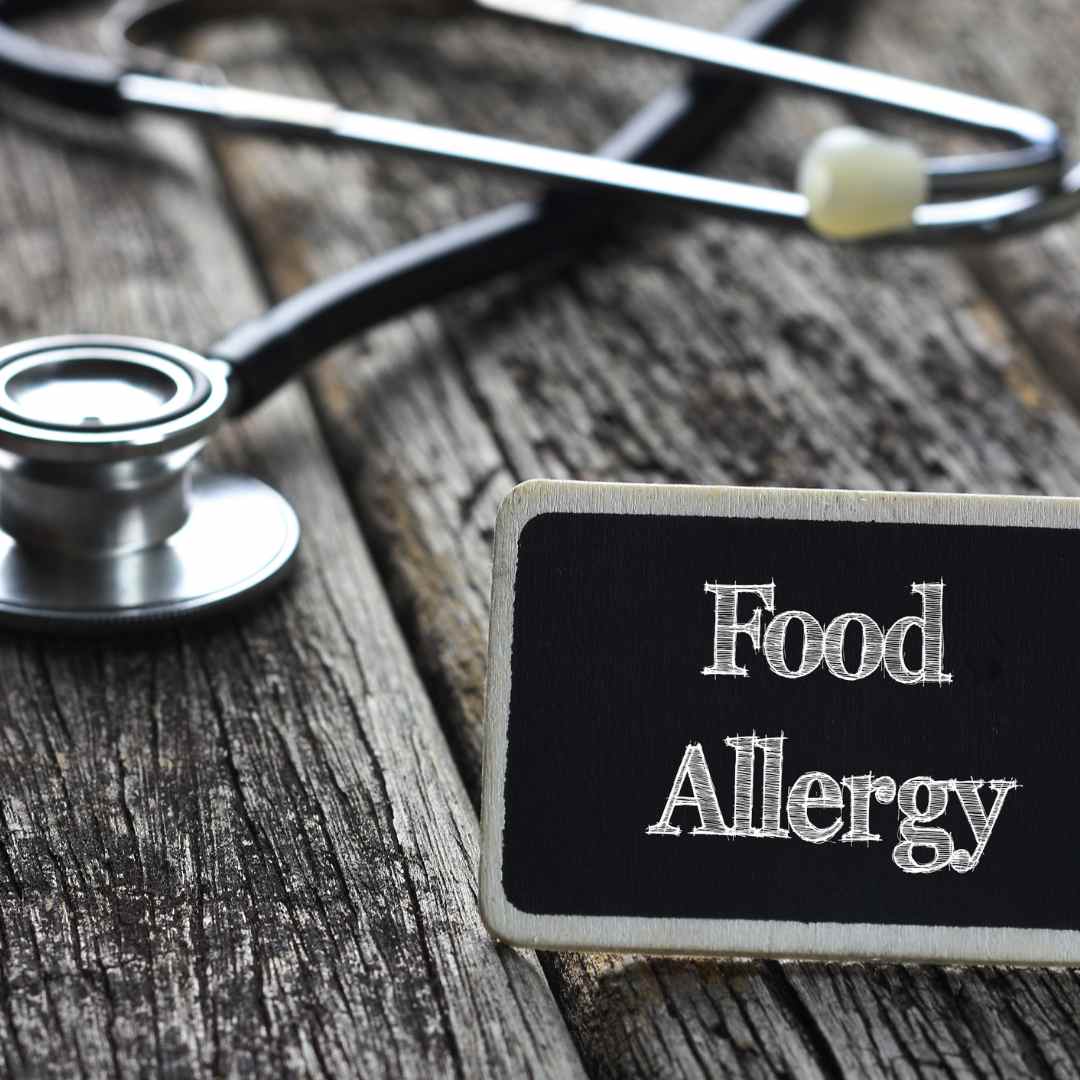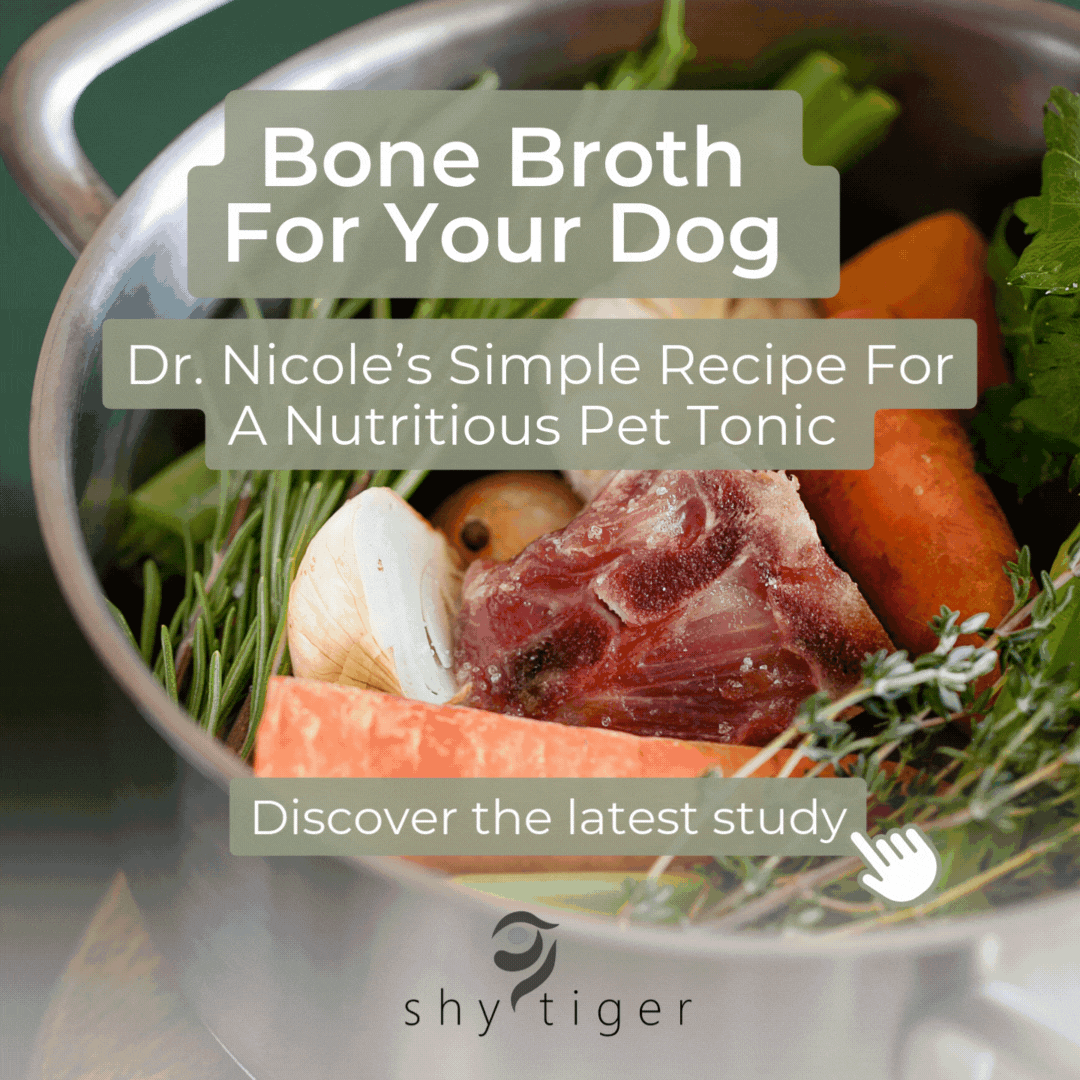Food Allergens in Dogs and Cats

Allergies in pets are a topic of increasing concern for pet owners and veterinarians alike. While many of us are vigilant about what we feed our pets, sometimes, despite our best efforts, they can develop allergies to certain foods. In this blog post, we will delve into the science behind common food allergens in dogs and cats, based on a comprehensive study published in the BMC Veterinary Research journal.
The Study: Purpose and Findings
The study aimed to identify the most common food allergens contributing to canine and feline cutaneous adverse food reactions (CAFRs). It was a critically appraised topic that reviewed scientific literature up to January 16, 2015. The study concluded that in dogs living in Australia, Europe, or North America, the most likely allergens contributing to CAFRs are beef, dairy products, chicken, wheat, and lamb. For cats, the most common allergens causing CAFRs are beef, fish, and chicken.
It's important to note that the study also highlighted that the true prevalence of each offending allergen in dogs and cats is likely higher than reported. This is because animals in the studies were usually only challenged with a limited number of allergens, not all possible ones.
What Are Food Allergens?
Food allergens are substances in food that can trigger an immune response in allergic individuals. In pets, these allergens can cause a range of symptoms, from skin irritations to gastrointestinal issues.
Common Food Allergens in Dogs
According to the aforementioned study, the most common food allergens in dogs are:
- Beef: 34% of cases
- Dairy Products: 17% of cases
- Chicken: 15% of cases
- Wheat: 13% of cases
- Lamb: 5% of cases
Common Food Allergens in Cats
For our feline companions, the most common food allergens are:
- Beef: 18% of cases
- Fish: 17% of cases
- Chicken: 5% of cases
Alternative Food Options: Turkey and Pumpkin
When it comes to treating diarrhoea in dogs, the traditional approach has often been a bland diet of chicken and rice. However, given that chicken is a common allergen, an alternative option worth considering is a diet of turkey and pumpkin. Turkey is generally easier to digest and less likely to cause an allergic reaction, while pumpkin is rich in fibre and can help regulate bowel movements.
First Aid Solutions

For those looking for peace of mind, we offer our all-natural First Aid Kit for dogs. Included within the kit are educational cards with links to video and support on what to do in an emergency. The kit is designed to assist you in the application of our products as well as give guidance and support on the general well-being of your pets.
Recommendations
Given the prevalence of these allergens, it's crucial to consult a veterinary professional for a tailored treatment plan for your pet. Remember, each pet is unique, and what works for one may not work for another.
Understanding the common food allergens in dogs and cats can help us make informed decisions about their diet. The study provides valuable insights but also suggests the need for further research to better understand the true prevalence of food allergens in pets. Always consult a professional for specific advice tailored to your pet's needs.




Leave a comment